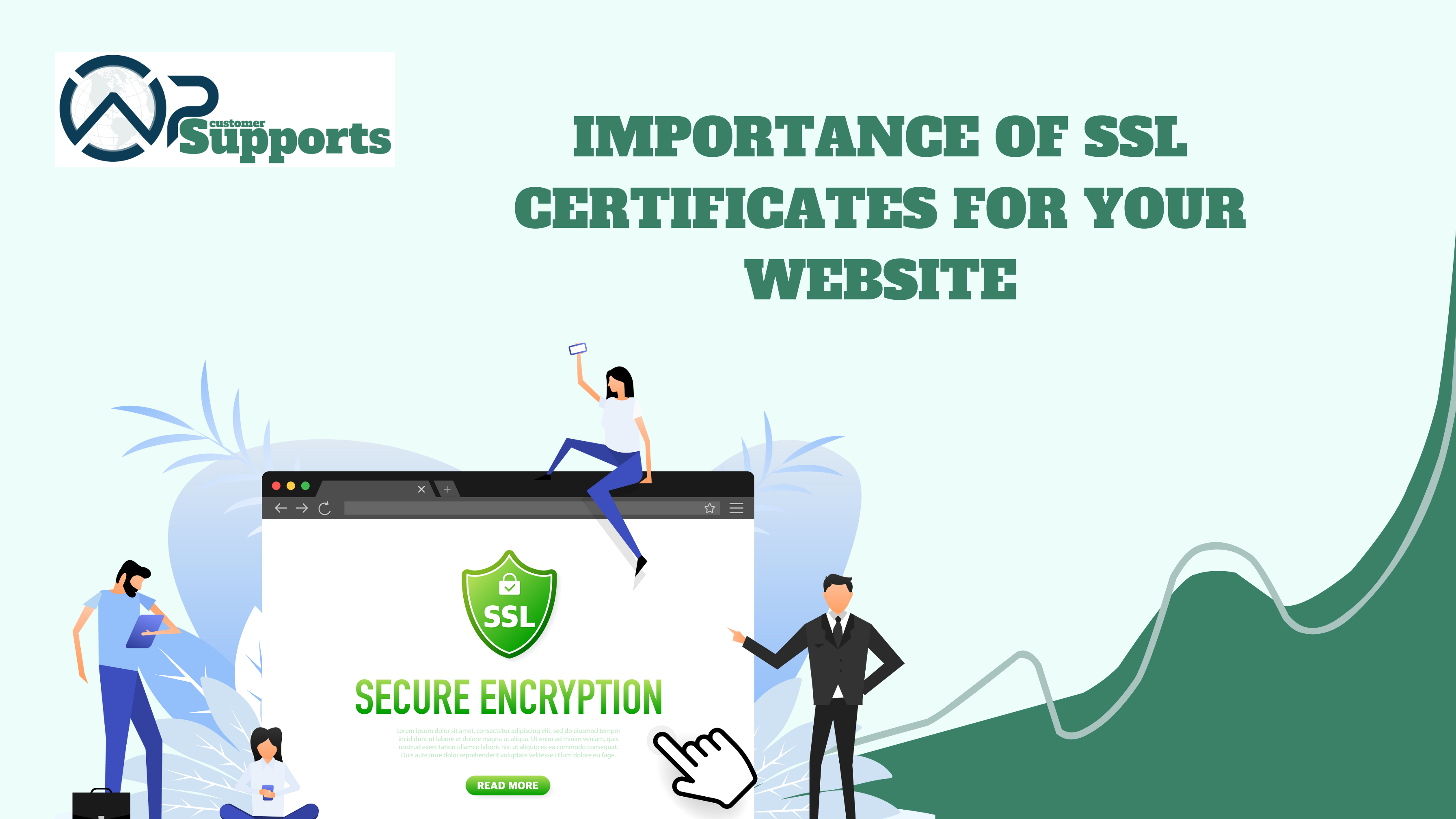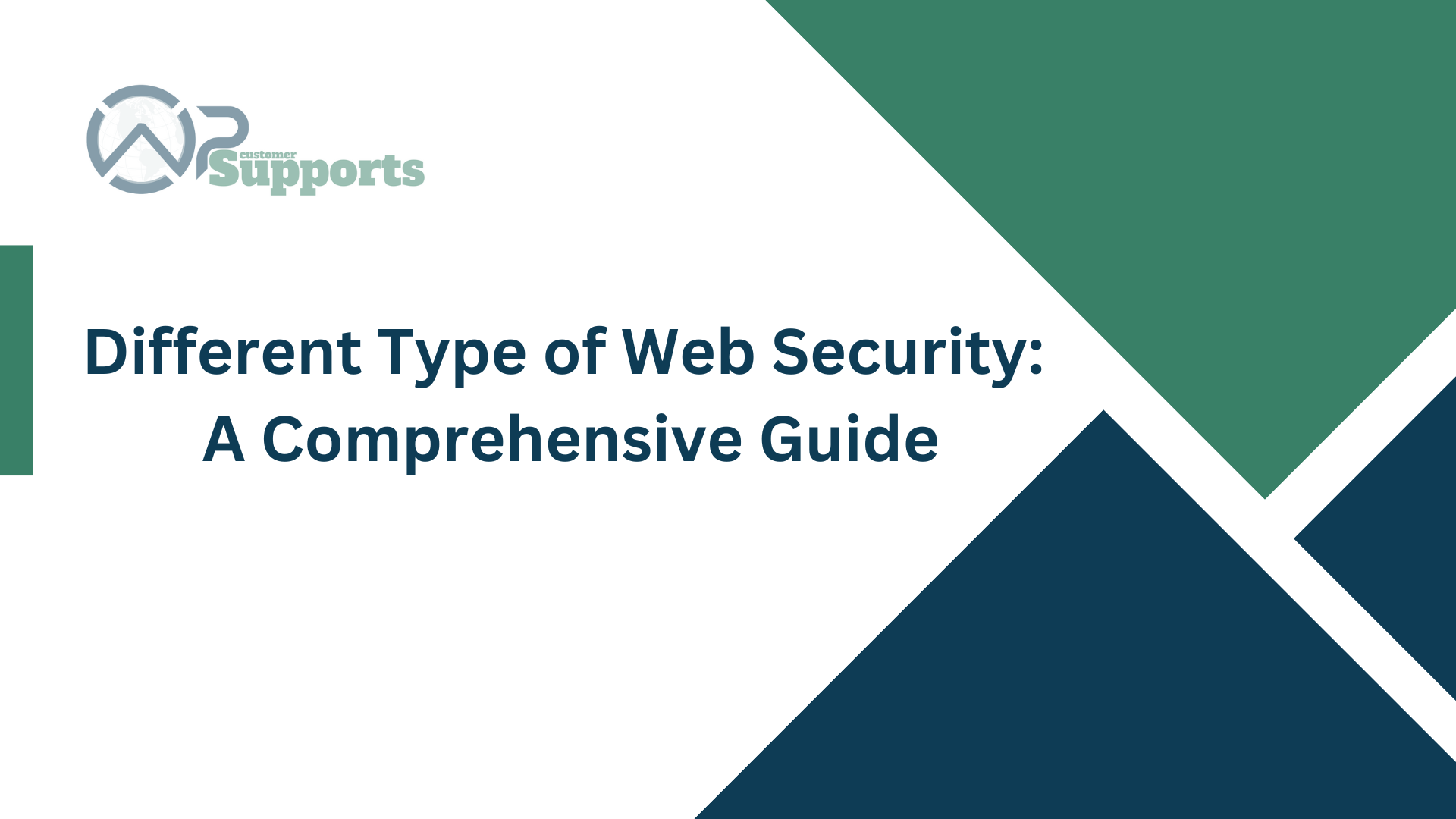
INTRODUCTION
Hey, website owners! Are you worried about the security of your website and the visitors that come to your website? We have the answers to all of your questions. Today, we’ll understand what SSL certificates are and uncover why they’re the superheroes for your website’s safety!
WHAT’S AN SSL CERTIFICATE?
Let’s understand SSL certificate with the help of an example where you’re trying to send a secret message to your friend online and you want the nobody else can read the message in this world apart from your friend and for that you need a tight security, this is where you will need SSL. SSL simply stands for Secure Sockets Layer; it functions to cover up whatever you want to keep private in a transformed secret code understood only by you and the receiver.
The SSL certificate is a data certificate that creates a safe line between a web browser and a web host. Its design is based on encoding (or mixing up) in a complex coding system of the data, making it impossible for third parties to crack and understand. Therefore, all confidential passwords across the website as well as user data stay secret from cyber thieves.
WHY ARE SSL CERTIFICATES GAME-CHANGERS?
SSL certificates are protectors, protecting your website from invaders. Without SSL, it’s like leaving critical information for cyber thieves. But with SSL, your website becomes completely safe and secure, ensuring all your important data stays safe. SSL does the below things to your website:
- Keeping Your Website Safe: SSL certificates ensure that all sensitive information like payment details is protected from hackers, by encrypting data transmitted between a website and its visitors.
- Building Trust: They signal trust to visitors by displaying a padlock icon in the browser thus enhancing their confidence in sharing personal information
- Boosting Search Rankings: Search engines love SSL. SSL certificates increase search engine rankings, since secure websites are given preference by search engines, thus increasing visibility and more potential organic traffic.
THE DIFFERENT TYPES OF SSL CERTIFICATES
SSL certificate is majorly of three types, each with unique features:
- Domain Validation (DV) Certificates: Only validating domain ownership, DV certificates offer basic encryption, which is why they are well-suited for small websites or blogs.
- Organization Validation (OV) Certificates: On the other hand, OV certificates provide higher security since they confirm organization identity as well as domain ownership, hence building more trust among users.
- Extended Validation (EV) Certificates: They assure you that they are legitimate by having to undergo very many checks through which their real identity is established. Websites that have EV type of validations are the best and show a green bar that signifies the highest level of trustworthiness.
Choosing the right SSL certificate totally depends on your budget and the level of security that you want for your website.
HOW TO GET YOUR SSL CERTIFICATE:
Choose Provider: Research and select a reputable SSL provider that suits your needs.
- Select Type: Decide on the type of SSL certificate that fits your website requirements, for example, Domain Validation (DV), Organization Validation (OV) or Extended Validation (EV).
- Finish Validation: Abide by the provider’s validation steps which could include proving you own the domain and verifying that you are who you say you are particularly with respect to OV and EV certificates.
- Install certificate: After verification of your website, the SSL certificate will be generated by your provider and guidelines on how to install it will be given. This in most cases includes the uploading of some files or using tools provided by web hosting services.
- Confirm and check: To ensure that the SSL certificate works correctly, install it first before conducting any tests. Make sure that the safe padlock icon is displayed on your portal with the help of web browsers, just as a sign on security.
- Renew and Maintain: Keep track of your SSL certificate’s expiration date and renew it, when necessary, in order to keep providing continuous protection. Make sure you regularly update and maintain your SSL certificate so that your website is always secure.”
BUSTING MYTHS ABOUT SSL
Okay, let’s clear up a few myths related to SSL certificates.
- Expensive? While sure SSL certificates may be costly, there are other affordable options available, including free ones. With a little research, you can get an SSL certificate that is within your budget.
- Is the setup complicated? Contrary to common belief, installing an SSL certificate is quite easy. Many web hosting providers provide clear instructions, and internet tutorials can walk you through the procedure step by step.
- Only for e-commerce? SSL certificates are not limited to e-commerce. Any website that collects confidential data, such as usernames and passwords or feedback forms, could benefit from SSL encryption.
- Slows down websites? While this myth may have been true in the past, the growing tech have decreased SSL certificates’ impact on website speed. In fact, SSL can help improve website performance by increasing search engine ranks.
- Only for big sites? SSL encryption helps every website, no matter their size. Whether you run a simple blog or an international business, SSL certificates are vital for ensuring the security and quality of your website.
CONCLUSION: STAY SAFE AND SECURE WITH SSL
Wow, we’ve covered all the head-to-toe information for the SSL certificates that you need to have for your website to be safe, trustworthy and authentic. They make visitors feel secure and help websites rank better in search results.
With multiple types available, there’s an ideal option for every website’s safety needs. SSL certificates are vital for everyone who cares about keeping their website and visitors safe online.


